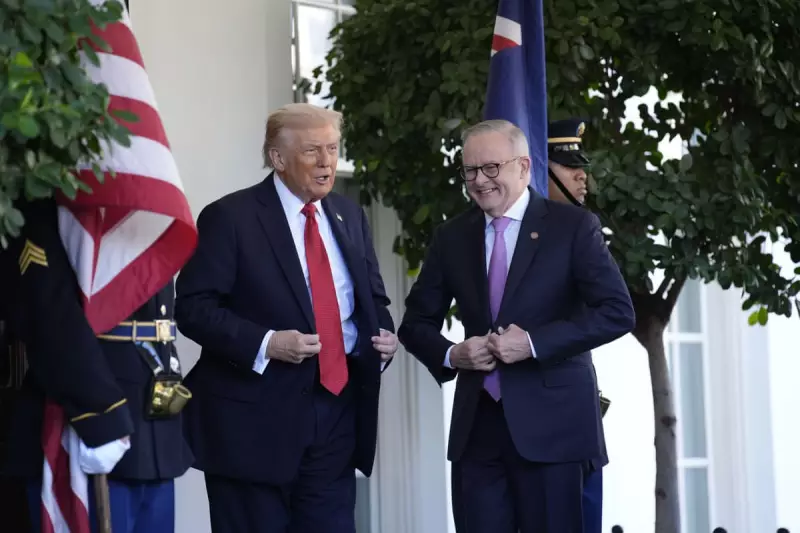
In a masterclass of diplomatic foresight, Australian Prime Minister Anthony Albanese is quietly preparing for what could be one of the most significant geopolitical challenges of his leadership: engaging with former US President Donald Trump, who appears poised for a potential return to the White House.
The Diplomatic Tightrope
While many world leaders are scrambling to position themselves for a possible Trump administration, Albanese has been methodically building bridges across the political spectrum. His approach reflects a sophisticated understanding that Australia's national interests must transcend the political cycles of its closest ally.
Unlike his predecessor Scott Morrison, who developed an openly chummy relationship with Trump, Albanese has maintained a more measured stance. Yet he's avoided the critical misstep of alienating Trump or his supporters, recognising the enduring importance of the US-Australia alliance regardless of who occupies the Oval Office.
Strategic Preparation
Behind the scenes, Australian officials have been conducting careful analysis of Trump's likely foreign policy priorities in a second term. The government has been studying his recent speeches, consulting with experts who understand his thinking, and building relationships with key figures in his orbit.
This preparatory work demonstrates a level of strategic sophistication that has sometimes eluded Australian leaders when dealing with unpredictable US presidents. Rather than reacting to events, Albanese's team appears to be anticipating them.
The Stakes for Australia
The relationship with the United States remains fundamental to Australia's security and economic interests. From the AUKUS nuclear submarine agreement to intelligence sharing and trade, the alliance touches virtually every aspect of Australian foreign policy.
Albanese understands that his handling of this relationship could define his foreign policy legacy. A misstep could jeopardise critical defence arrangements, while successful navigation could strengthen Australia's position in an increasingly complex Indo-Pacific region.
A Model for Middle Powers
What makes Albanese's approach particularly noteworthy is its potential to serve as a model for other middle powers facing similar diplomatic challenges. His strategy combines:
- Maintaining principle on core values while being pragmatic about political realities
- Building personal relationships without becoming overly dependent on them
- Preparing extensively while remaining flexible to changing circumstances
- Advancing national interests without inflammatory rhetoric or public posturing
As the world watches the American political landscape with apprehension and anticipation, Anthony Albanese appears to be writing a playbook for engaging with unpredictable partners while protecting national interests. The coming months will test whether this carefully calibrated approach can withstand the turbulence that often accompanies Trump's foreign policy.





